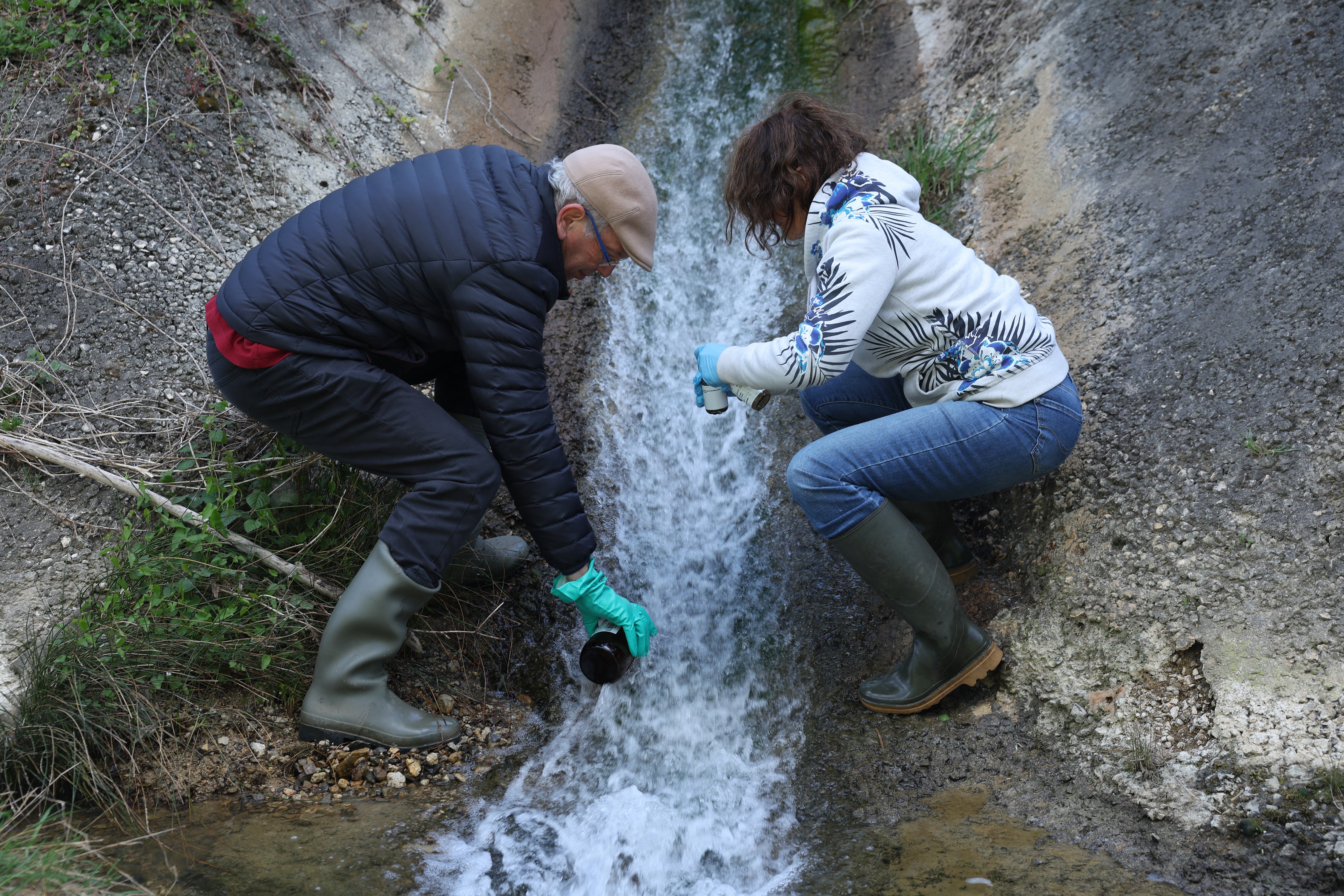‘Forever chemicals’ found in non-stick pans and pizza boxes will cost £1.6 trillion to clean up
The toxic substances are commonplace – and very hard to get rid of

Your support helps us to tell the story
From reproductive rights to climate change to Big Tech, The Independent is on the ground when the story is developing. Whether it's investigating the financials of Elon Musk's pro-Trump PAC or producing our latest documentary, 'The A Word', which shines a light on the American women fighting for reproductive rights, we know how important it is to parse out the facts from the messaging.
At such a critical moment in US history, we need reporters on the ground. Your donation allows us to keep sending journalists to speak to both sides of the story.
The Independent is trusted by Americans across the entire political spectrum. And unlike many other quality news outlets, we choose not to lock Americans out of our reporting and analysis with paywalls. We believe quality journalism should be available to everyone, paid for by those who can afford it.
Your support makes all the difference.Cleaning up pollution from commonplace ‘forever chemicals’ could exceed £1.6 trillion across the UK and Europe, according to new analysis. The toxic substances can be found almost everywhere, posing a major public health risk that is unavoidable for most.
Effectively tackling the rise of the chemicals would cost £84bn a year for the next 20 years, according to the findings of a year-long investigation by the Forever Lobbying Project. The international team comprised dozens of journalists and experts across 16 countries.
Technically called PFAS (per- and poly-fluoroalkyl substances), forever chemicals are a family of over 10,000 human-made substances. They are only manufactured by a relatively small number of companies, but are widely used in everyday products and processes.
Forever chemicals can be found in nonstick pans, pizza boxes, cosmetics, waterproof fabric, greaseproof paper, and certain carpets and flooring. They are used for their heatproof, greaseproof and waterproof properties – but are also almost indestructible in any natural environment.

The ubiquity of these substances has caused them to become persistent in living organisms including humans. PFAs have been linked to infertility, cancers, immune system disruption, and other illnesses. They have been detected in drinking water across the UK, meaning they can be impossible to avoid.
There are also an increasing number of PFAS hotspots, the Forever Lobbying Project has uncovered. These include landfills, airports, sewage areas, and manufacturers and industrial users of PFAS. Due to their prevalance in foam used for firefighting, they will also often be found in areas where it has been used previously.
In October, a report from the UK Environment Agency said the number of sites contaminated with PFAS in the UK could exceed 10,000. The potential cost of dealing with the issue was “frightening” the agency wrote to Department for Environment, Food and Rural Affairs, with just four sites costing between £1.8m and £2.7m to investigate.
The Royal Society of Chemistry (RSC) has now called on the government to implement public protections from PFAS in the upcoming Water (Special Measures) Bill, which includes measures to crack down on sewage issues.

Stephanie Metzger, RSC policy advisor on sustainable chemicals said: “No-one chooses the water that comes out of their tap, so we want to see statutory PFAS limits for UK drinking water that are clearly and transparently defined and legally enforceable.
“We need to translate this new guidance into legislation that gives the regulator Ofwat defined criteria – and the power – to hold water companies to account.”
Defra has said it has begun investigating PFAS, and points to Ofwat’s 2024 price review which allocates £2bn to improve water quality, including work on PFAS.
“This government is committed to protecting the environment from the risks posed by chemicals,” a statement from the department says. “We are rapidly reviewing the environmental improvement plan to deliver on our legally binding targets to save nature, which includes how to best manage the risks posed by PFAS.”
Join our commenting forum
Join thought-provoking conversations, follow other Independent readers and see their replies
Comments